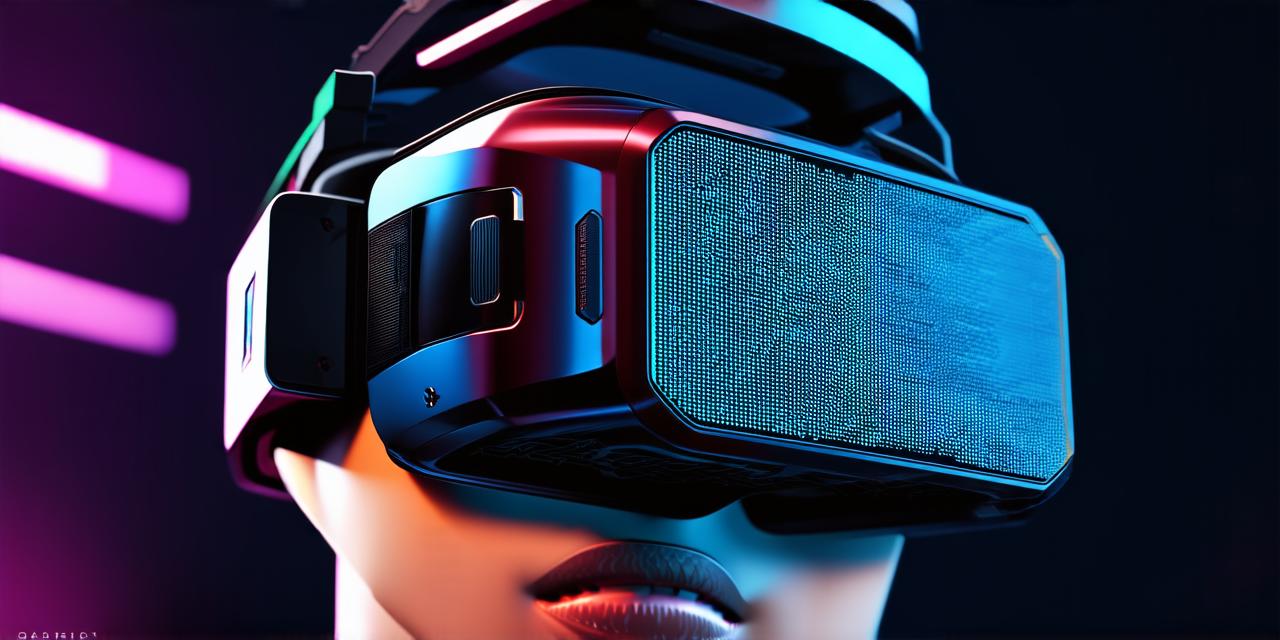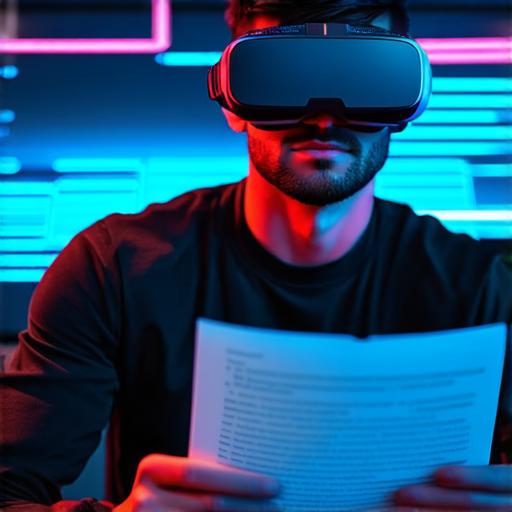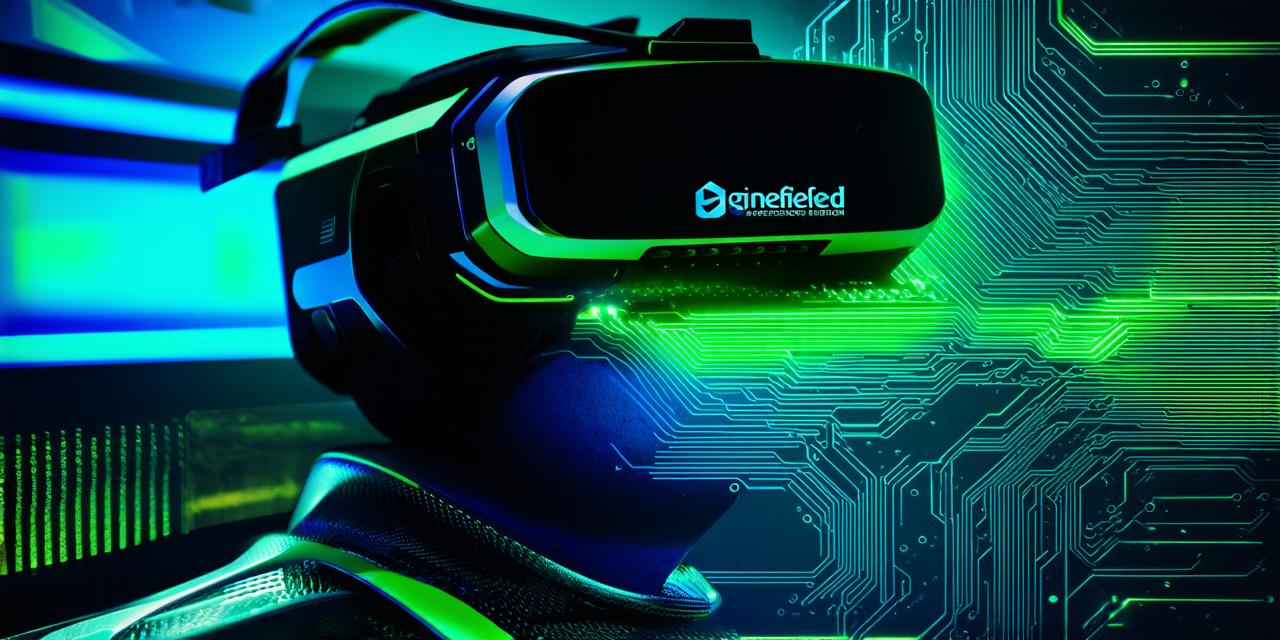
Top tips for virtual reality developers
In the rapidly evolving world of virtual reality (VR), staying ahead requires a blend of creativity, technical prowess, and strategic thinking. Here are some top tips to help you excel in this exciting field.
1. Embrace User Experience (UX) Design
“Good design is a series of ‘it just works’ moments.” – Jony Ive
A seamless UX is the cornerstone of any successful VR project. Understanding user needs and preferences, and designing intuitive interfaces that cater to these, can make or break your VR application.
2. Optimize for Performance
“The secret of getting ahead is getting started.” – Mark Twain
Smooth performance is crucial in VR. Optimizing your code, using efficient algorithms, and leveraging hardware capabilities can significantly improve user experience and satisfaction.
3. Experiment with Interaction Models

“Innovation distinguishes between a leader and a follower.” – Steve Jobs
From hand tracking to haptic feedback, the possibilities for VR interaction are vast. Experimenting with different models can lead to unique, immersive experiences that set your application apart.
4. Collaborate and Learn
“If I have seen further, it is by standing on the shoulders of giants.” – Isaac Newton
The VR community is rich in knowledge and expertise. Attend conferences, join forums, collaborate with fellow developers, and never stop learning.
5. Iterate and Improve
“The only way to do great work is to love what you do.” – Steve Jobs
Iteration is key in VR development. Regularly test your application, gather feedback, and make improvements. The journey towards perfection is never-ending.
6. Stay Ahead of the Curve
“The future is already here — it’s just not very evenly distributed.” – William Gibson
Keep abreast of the latest VR technologies, trends, and research. This will help you anticipate user needs, adapt to changes, and stay ahead of the competition.
FAQs
Q: What tools are useful for VR development?
A: Unity and Unreal Engine are popular choices for VR development due to their robust features and large communities.
Q: How can I improve my VR application’s performance?
A: Optimizing your code, using efficient algorithms, and leveraging hardware capabilities can significantly improve performance.
In the ever-evolving landscape of VR, these tips serve as a compass, guiding you towards success. Remember, the journey is as much about the process as it is about the destination.

